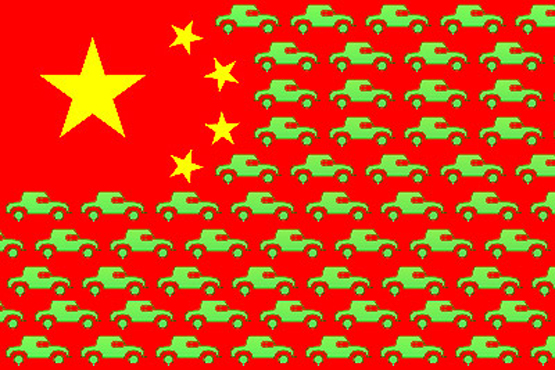
Google recently launched behavioral targeted ads for AdSense. This means AdSense displays adverts not only on the context of the webpage, but on the context of your browsing history. The aim is to provide more relevant and efficient adverts, but tracking cookies being used across hundreds of thousands of websites raises obvious privacy issues, as Google can use this information to log website you have been on.
 Usually, the Electronic Frontier Foundation is very critical of big corporations who intrude on people’s privacy, but their criticism was not very harsh. Why? Because Google has developed a web browser plug-in that permits users to opt-out of this scheme.
Usually, the Electronic Frontier Foundation is very critical of big corporations who intrude on people’s privacy, but their criticism was not very harsh. Why? Because Google has developed a web browser plug-in that permits users to opt-out of this scheme.
The plug-in is available for Internet Explorer and Firefox and modifications to browser preferences in Chrome and Safari also allow people to opt-out. Google also maintains an ‘Ad Preferences Manager‘ which allows this tracking cookie to be disabled until the next time cookies are wiped.
There are several reasons to disable these cookies. Firstly, you may not entrust Google with your details. Secondly, adverts based on past browsing may be displayed to other users of the computer… not perfect if, for example, you were buying a present for a family member and they are suddenly swarmed with advertisements about it!
Most tracking cookies can be disabled if you modify browser settings. In Firefox, for example, in Preferences>Privacy, you can refuse to ‘accept third party cookies’.
Protect your privacy from Google AdSense’s new behavioral ads
Tags: Adsense, advertising, behavioral ads, cookies, doubleclick, firefox, Google, google adsense, internet-explorer, privacy, protect privacy, safety, Security, tracking cookies
Related posts
- Why you should restrict Cookie Access (4)
- Web of Trust: collaborative online security (4)
- Track Me Not Firefox Extension (3)
- Haute Secure (5)
[Nicked from gHacks technology news]
Related articles by Zemanta
- Google AdSense Starts Behavioral Targeting (blogoscoped.com)
- Behavioral Targeting By Any Other Name: Google Ads Get ‘Interest-Based’ (paidcontent.org)
- Behavioral Targeting in Google AdSense (googlesystem.blogspot.com)
- Google Gets Into Behavioral Targeting, Launches “Interest-Based Advertising” Beta (Barry Schwartz/Search Engine Land) (techmeme.com)
- Internet Advertising: Opt-Out Of Behavioral Targeting (ghacks.net)







![Reblog this post [with Zemanta]](https://i0.wp.com/img.zemanta.com/reblog_e.png)







 Vegetables today are larger, but contain more “dry matter” which dilutes the concentrations of minerals. This results in 5% to 40% less magnesium, iron, calcium, and zinc.
Vegetables today are larger, but contain more “dry matter” which dilutes the concentrations of minerals. This results in 5% to 40% less magnesium, iron, calcium, and zinc.
